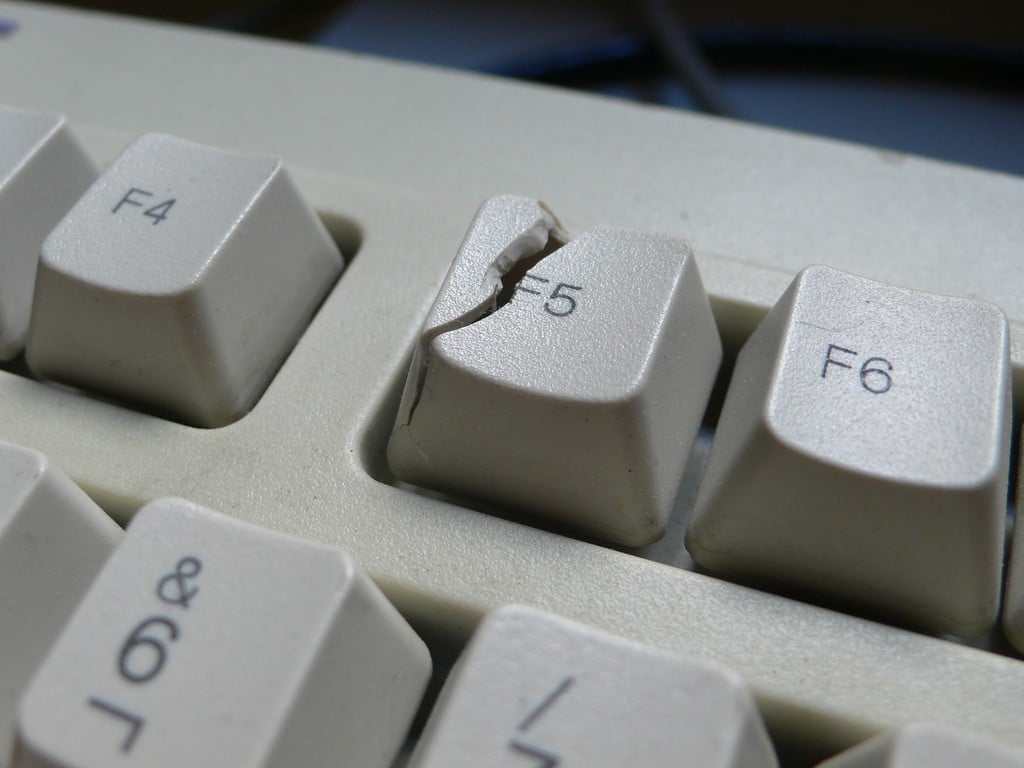You’re best off splitting the routing and WiFi tasks into separate hardware. Buy yourself a used ruckus unleashed r550/650 or r510/610 depending on how much you want to spend for wifi then run routing on whatever hardware is fit for purpose. I usually slap OPNsense on something like a dell/wyse 5070 j5005 mini PC, any mini PC with a PCIe slot will allow you to build a 1/2.5/10GbE router with open software. Chinese N100 router boxes are cheap now too, or you could reuse an old mini PC of some kind.
I don’t like rolling my own router using arm boards anymore, router distro support for them is unreliable and j5005 pulls <10W anyway.









Old thin clients and mini PCs are great for this. Many either have a half sized PCIe slot or can take a second network interface using the WiFi m.2 slot and a 3d printed bracket to mount the nic port.